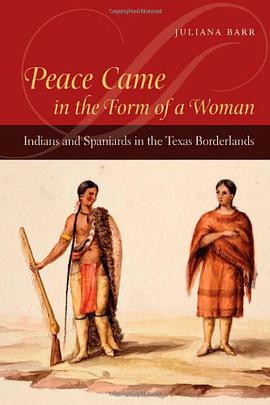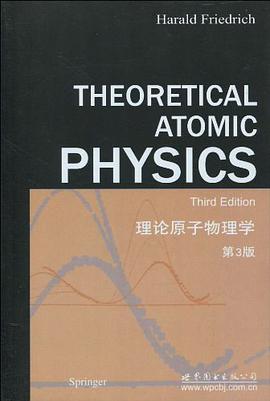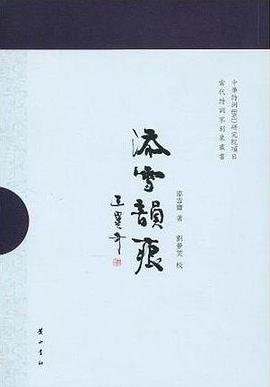

具體描述
The evolution of the idea of hospitality can be traced alongside the development of Western civilization. Etymologically, the host is the "master," but this identity is established through expropriation and loss--the best host is the one who gives the most, ultimately relinquishing what defines him as master. In The Hostess, Tracy McNulty asks, What are the implications for personhood of sharing a person--a wife or daughter--as an act of hospitality? In many traditions, the hostess is viewed not as a subject but as the master's property. A foreign presence that both sustains and undercuts him, the hostess embodies the interplay of self and other within the host's own identity. Here McNulty combines critical readings of the Bible and Pierre Klossowski's trilogy The Laws of Hospitality with analyses of exogamous marital exchange, theological works from the Talmud to Aquinas, the writings of Kant and Nietzsche, and the theory of femininity in the work of Freud and Lacan. Ultimately, she contends, hospitality involves the boundary between the proper and the improper, affecting the subject as well as interpersonal relations. Tracy McNulty is assistant professor of romance studies at Cornell University.
作者簡介
目錄資訊
讀後感
評分
評分
評分
評分
用戶評價
相關圖書
本站所有內容均為互聯網搜索引擎提供的公開搜索信息,本站不存儲任何數據與內容,任何內容與數據均與本站無關,如有需要請聯繫相關搜索引擎包括但不限於百度,google,bing,sogou 等
© 2025 qciss.net All Rights Reserved. 小哈圖書下載中心 版权所有




















